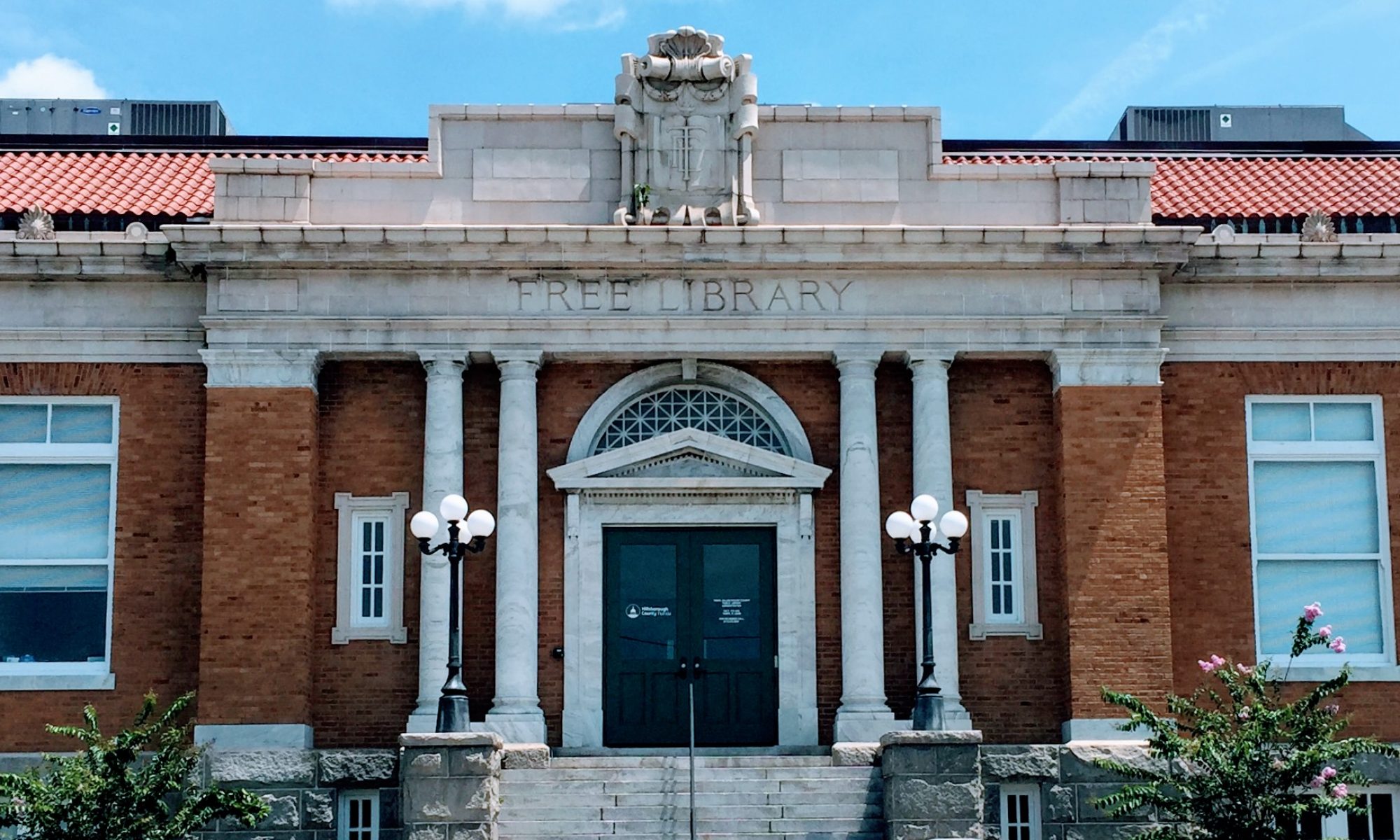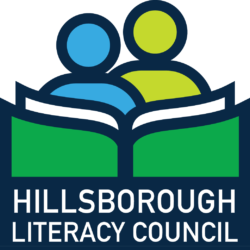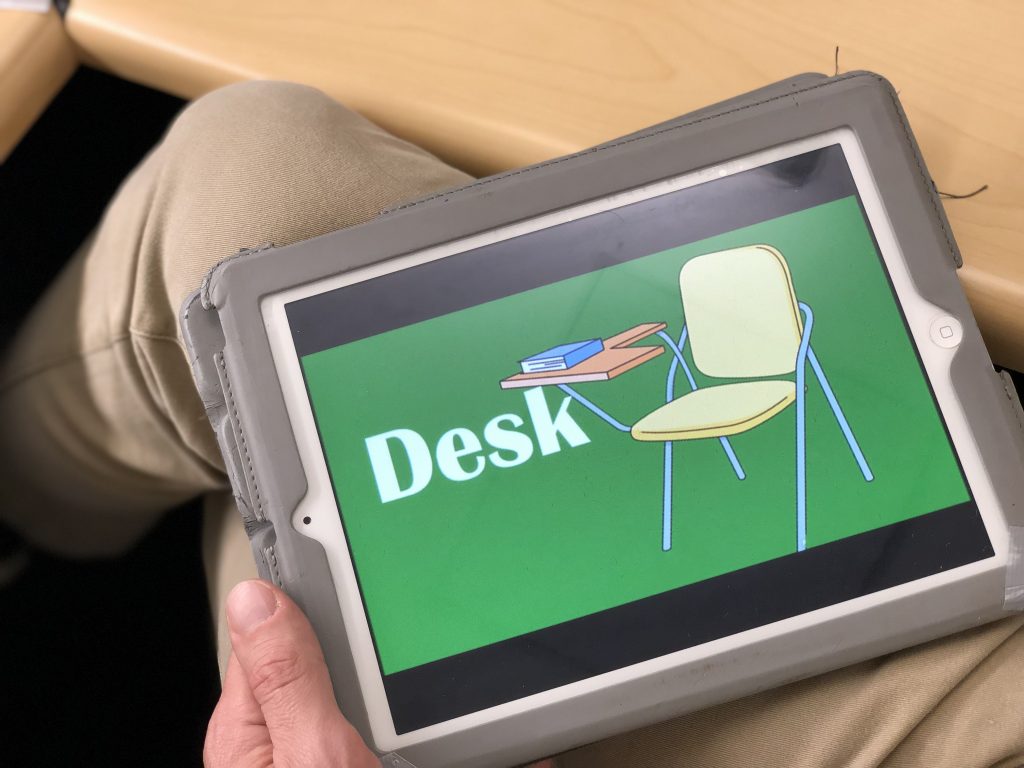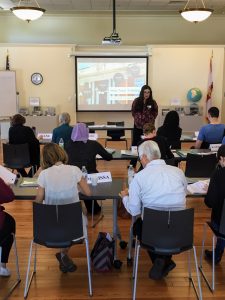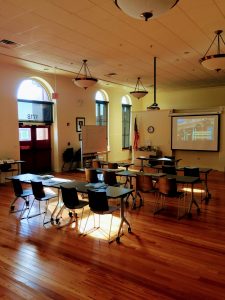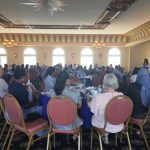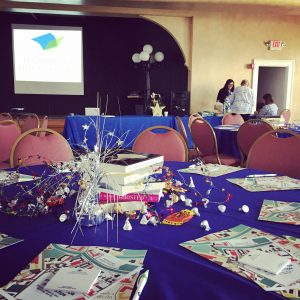As many of you know, the Hillsborough Literacy Council does not offer any educational experiences in a classroom format, nor do we have any shorter-term volunteering opportunities. Well, I am pleased to announce that we are addressing both of those issues in one swoop by designing a series of six-session courses that focus on English that students encounter in their daily lives. Test runs of the courses will be occurring over the next few months.
The courses focus on various themes that language learners encounter in their daily lives such as English for the Citizenship Test, Communicating with Your Children’s School, English for Medical Visits, and On the Job English. Tutors are not required to grade students or give homework, and there are no certificates or other credentials offered to those who complete the course. Student participants will register for the courses through the library system’s online calendar, and in some cases, they will need to purchase a text book at the typical rate of five dollars. Class size will be capped at twenty participants per run.
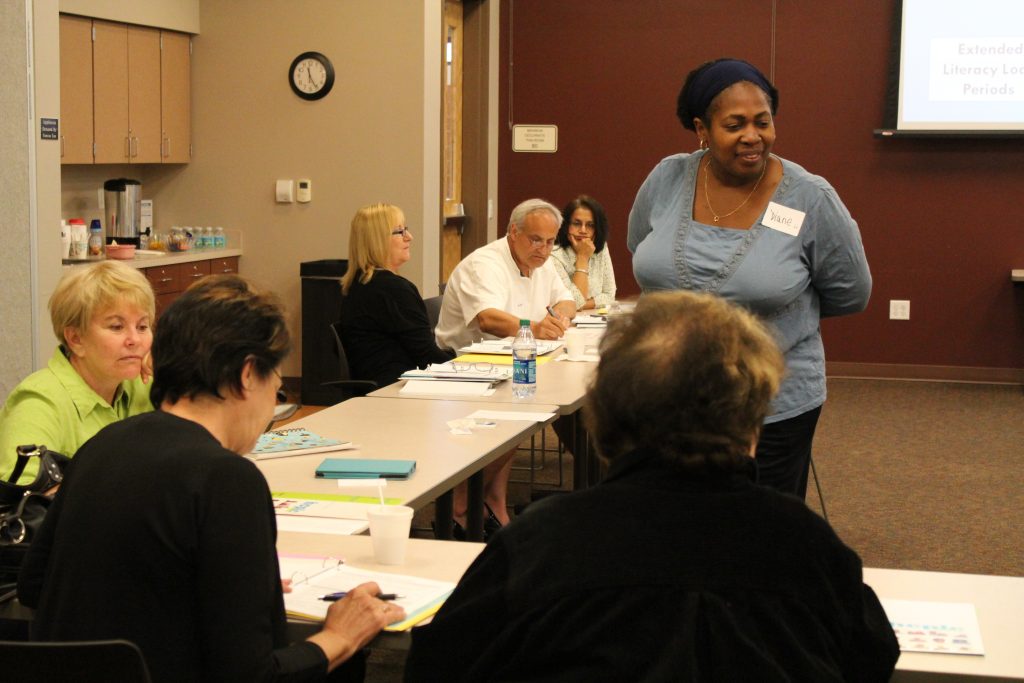
The courses all include six-sessions of two hours, and can be hosted by volunteers once or twice a week. The courses are also intended to be an option for volunteers who cannot commit to tutoring over extended periods of time throughout the year, but would still like to help. The program is designed to be led by anyone, regardless of teaching experience, and the content of the courses currently aims for mid-level (for our program) students. We will be working on a process to try to screen participants before courses begin in order to avoid filling seats with people who will not benefit from the program.
We are planning on launching our first test-run of a course, English Lessons: American Civics (English for the citizenship test), in May at the Town ‘N Country Regional Library. We will be communicating with tutors and Conversation Corner leaders to promote this session among our current students. We will also focus heavily on waiting students as our first enrollees.
After test-runs of the first few programs, tutors will be able to lead a program, but please note that only a few people at a time will be able to do so because of limited demand, tutoring space and time. Furthermore, there will be a few stipulations. Anyone who wishes to facilitate a course will have to observe a session or two or take a supplemental training beforehand.
More details will come as we move towards concretizing the process. We hope that these courses will be a new opportunity to serve more students, and a helpful way to attract tutors with less availability. And of course, we are hoping that the experience will be a new source of fun and interest for all members of the Hillsborough Literacy Council!
